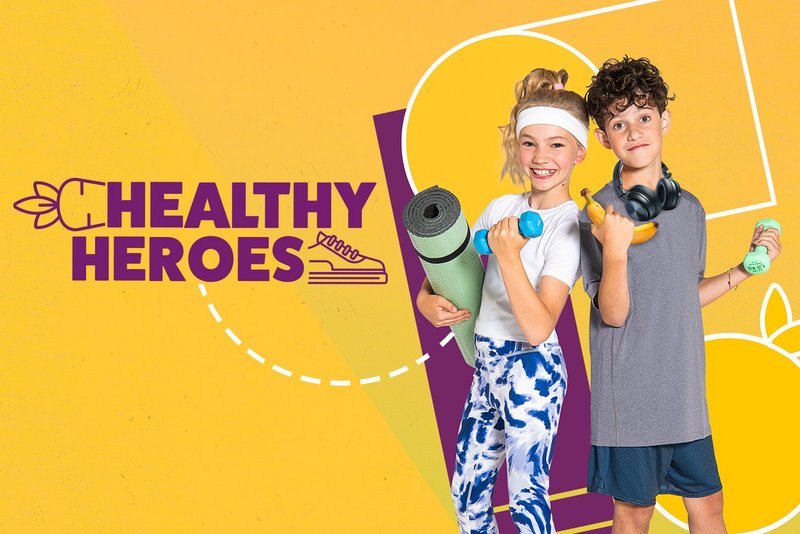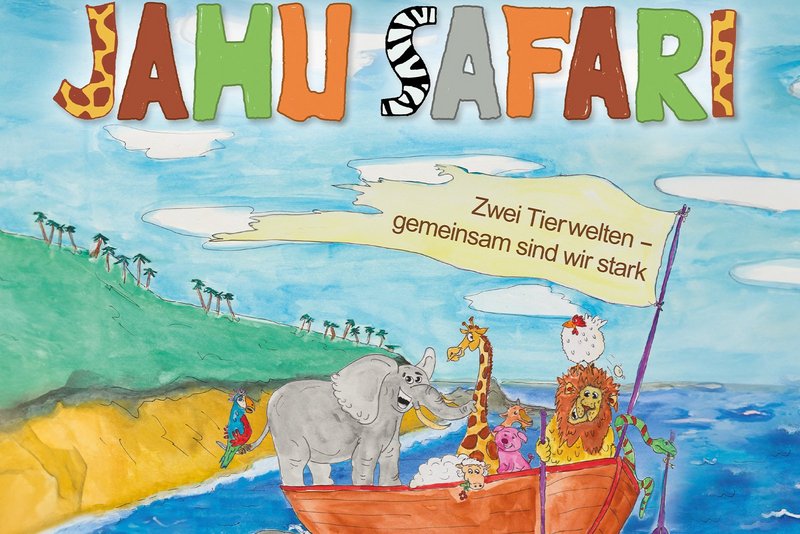
There is no health without mental health
The challenges children face today
By Urszula Kaszubowska
According to the WHO, mental health has deteriorated worldwide since the pandemic. A Eurobarometer survey conducted in June 2023 revealed that 46% of the European Union's population experiences emotional or psychosocial issues. They suffer from feelings of depression or anxiety. These statistics primarily concern adults. But what about children, who are highly sensitive to the moods of adults around them?
Mental health after the pandemic

The COVID-19 pandemic affected not only our physical health but also our mental well-being, including that of children. We are only now beginning to fully realize this. While the immediate threat has passed, the world continues to grapple with a post-pandemic crisis. Inflation, economic impoverishment, global conflicts and wars, and threats to democracy – all these are beyond children's full understanding. However, they instinctively sense that the world around them is neither peaceful nor carefree. The lack of contact with peers during lockdowns had a negative impact on the development of children and adolescents. It led to feelings of loneliness, frustration and boredom.
Psychologists and educators are now observing several symptoms of post-pandemic mental health struggles among children:
- Sleep disorders
- Anxiety disorders
- Frustration
- Anger and irritability
- Nervous tension
- Difficulties in forming connections with peers
- Escaping into the virtual world
- Low self-esteem and lack of acceptance from peers
- Among teenagers, addiction to alcohol or drugs
- In extreme cases, suicide attempts

Post-pandemic crises, conflicts, school stress, poor peer relationships, aggression on social media and immersion in virtual reality give modern children and teenagers many reasons to feel confused and lost. They often don’t know how to defend themselves or express their fears and problems to adults.
Cyberbullying

Today, even pre-school children grow up in environments saturated with the internet, computers and video games that strongly capture their attention. About 75% of children aged 1–6 use mobile devices with internet access. Children and adolescents spend most of their online time watching YouTube videos, playing games, browsing websites, and using messaging apps or social media platforms. According to a 2023 study conducted by Amnesty International, nearly 27% of young people experience cyberbullying regularly, at least twice a month. The risks for children and adolescents include hate speech, online harassment, and exposure to violent content.
Promoting Mental, Emotional, Social Health (MESH)

Paying attention to Mental, Emotional, Social Health, especially in the the youngest, is crucial. Support for children and young people can be provided not only in schools or therapeutic workshops but also individually through play at home. Parents play a significant role in this process and must learn how to communicate effectively with their children to forster well-being. There are toys that encourage physical activity, group play, and competition. Playing with them promotes better fitness as well as healthy physical and mental development.
MESH toys shape future generations

MESH toys build resilience and nurture emotional health. Their role is to teach children key life and social skills through play. These include emotional self-defense, stress resilience, problem-solving, conflict resolution, and tackling challenges. MESH toys can help to calm down, focus and learn concentration, as well as find balance and peace. Through play, children can open up, reveal their fears, and, with the right tools, overcome them. In this kind of at-home "psychotherapy," toys can play an invaluable role to teach children how to identify harmful behaviors from peers or adults, report issues to parents or teachers, and defend themselves from negative emotions. Emotions have always been a theme in toy trends, but today it’s about more than identifying who is happy or sad. Today’s children, even the youngest, face intense stimuli from the outside world, requiring more nuanced and effective emotional learning tools.
With the ‘Healthy Heroes’ trend, children learn in a playful way what it means to live a healthy life. From active games and relaxation exercises to nutritional inspiration: Our trend helps children to strengthen their health and have lots of fun at the same time.
About the Author:
Urszula Kaszubowska is editor-in-chief of Branza Dziecieca, Poland's largest trade journal for toys and baby products. She is also a member of the selection panel for the ‘Toy of the Year’ competition, which is organised in Poland every year. In addition, Urszula Kaszubowska also has publishing experience, having worked for one of Poland's largest publishing houses for 17 years, including as publishing director for hobby magazines.




